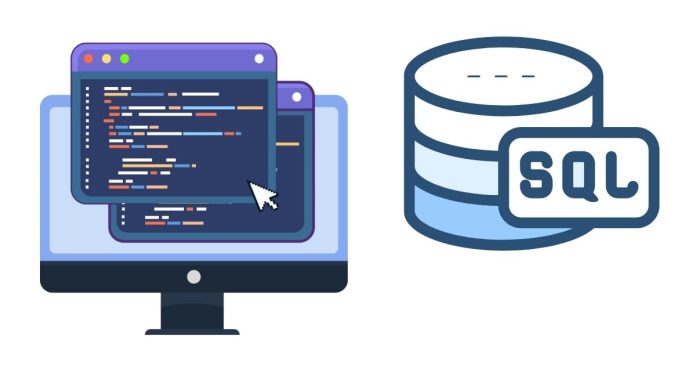When discussing programming languages, names like Python, Java, and C++ often dominate the conversation. But what about SQL (Structured Query Language)? It’s ubiquitous in the tech world, yet it’s often relegated to a secondary status when compared to other programming languages. So, let’s dive into the question: Is SQL really a programming language?
Defining a Programming Language
To answer this question, we need to define what constitutes a programming language. A programming language typically meets the following criteria:
- Syntax and Structure: It has a defined set of rules for writing instructions.
- Logical Flow: It allows users to express conditional logic (e.g., if-then statements).
- Procedural or Declarative Nature: It enables the execution of tasks, whether step-by-step (procedural) or by describing desired results (declarative).
- Turing Completeness: It is capable of performing any computation given enough time and resources.
Now, let’s evaluate SQL against these criteria.
SQL and Its Characteristics
SQL is a domain-specific language designed for managing and querying data in relational databases. Here’s how it stacks up:
- Syntax and Structure: SQL has a well-defined syntax, including commands like
SELECT,INSERT,UPDATE, andDELETE. These commands allow users to interact with databases efficiently. - Logical Flow: SQL supports logical constructs such as
CASE,WHERE, andIF(in procedural extensions like PL/SQL). These allow conditional operations and branching. - Declarative Nature: SQL is predominantly declarative. It focuses on describing what data is needed rather than detailing how to retrieve it. For instance, a simple
SELECTquery tells the database what data to fetch, leaving the “how” to the database engine. - Turing Completeness: Out of the box, SQL isn’t Turing complete. However, many database systems extend SQL with procedural features (like PL/SQL in Oracle or T-SQL in SQL Server) that enable loops, variables, and other constructs necessary for Turing completeness.
Where SQL Fits
SQL’s declarative nature often leads to the misconception that it’s not a “real” programming language. However, declarative languages are still programming languages—they’re just designed to solve problems in a specific way. For example:
- Domain-Specific: SQL is purpose-built for database interactions, making it highly specialized but incredibly powerful within its domain.
- Abstraction Level: Unlike general-purpose languages, SQL operates at a higher level of abstraction. It delegates lower-level operations to the database engine, which is a strength, not a limitation.
Comparing SQL to General-Purpose Languages
While SQL is purpose-built, its capabilities overlap with general-purpose languages in many ways:
- Data Manipulation: SQL excels in querying and transforming data, tasks that general-purpose languages often perform through libraries or APIs.
- Integration: SQL is commonly embedded in applications written in Python, Java, or C#. This pairing combines SQL’s database strengths with the versatility of general-purpose languages.
- Ecosystem: The extensive tools and extensions around SQL (like stored procedures, triggers, and analytical functions) enhance its utility, making it far more than a simple query tool.
By any reasonable definition, SQL qualifies as a programming language. Its declarative nature, domain-specific design, and extensive capabilities make it indispensable in modern software development. While it may not replace Python or Java for general-purpose tasks, it shines in its niche, demonstrating the diversity and specialization within the programming world.
So, the next time someone questions whether SQL is a “real” programming language, you can confidently say yes. Not all programming languages need to compile code or build apps; some, like SQL, thrive by being the backbone of data-driven applications.


